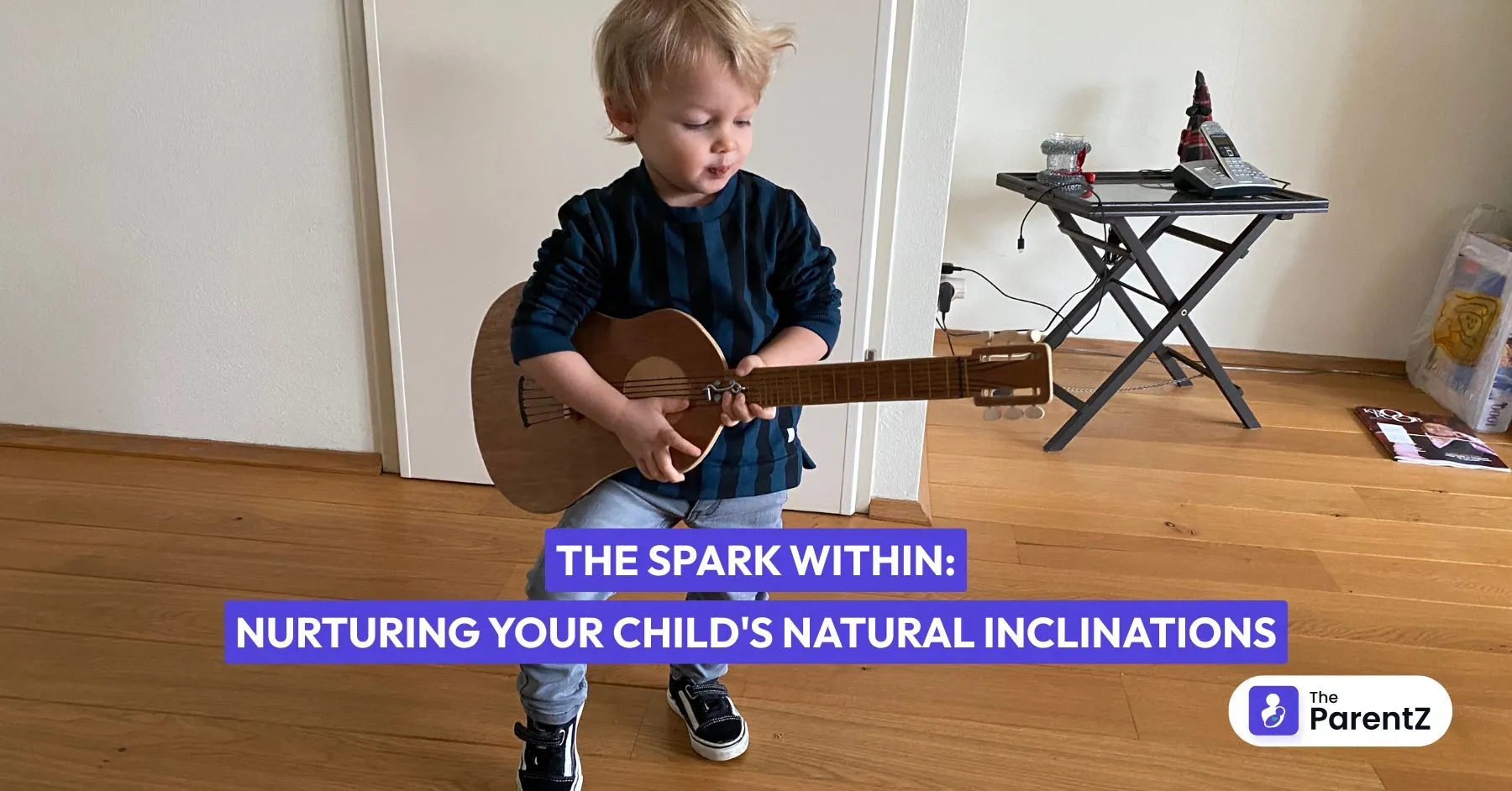There’s a moment every parent remembers—that flicker of something in your child that makes you pause. Maybe it’s how they line up their toys with surgical precision. Or the way they sing to themselves when no one’s watching. It’s small, sometimes subtle. But it’s there. A spark.
That spark? It’s their natural inclination—an early sign of what lights them up from the inside. And your job isn’t to shape it into something else. Your job is to see it, honor it, and gently fan the flame.
Read this article to explore effective strategies on how you can truly nurture your child’s natural inclination.
Paying Attention Without Projecting
It’s easy to get caught up in what you hope your child will become. A scientist. A dancer. A doctor who also plays guitar. But when you watch closely—really watch—you start noticing what they gravitate toward when no one’s directing them.
Pay attention to what they lose time in. Where their questions multiply. What excites them before you even speak. Sometimes, that’s where the spark hides.
But here’s the tricky part: resisting the urge to turn that spark into a label or a future career. Just because your child builds tall towers doesn’t mean they’re destined to be an architect. It just means they love patterns, balance, creation—and that’s something you can nurture now, not define.
Creating Space to Explore
Children need open space, not packed schedules. When every moment is filled with classes and agendas, their natural curiosity gets buried under expectations. Instead, leave room for exploration.
It doesn’t have to be elaborate. A quiet afternoon with a cardboard box and markers. A patch of dirt and a few spoons. A rainy day and some old kitchen tools. These simple invitations give your child permission to lead with their own interests, rather than chasing what’s been set up for them.
And in that space, their spark often grows brighter.
Offering Tools, Not Pressure
Once you notice what your child loves, offer them tools that support it. Not fancy gadgets or expensive kits—just things that open the door a little wider.
If your child loves stories, keep books within reach. If they hum while brushing their teeth, play different types of music at home. If they take apart pens and flashlights, keep a basket of broken electronics, they’re allowed to explore.
Your role isn’t to push them forward. It’s to place stepping stones in their path and let them choose when—and if—to step.
Letting Go of the End Result
It’s natural to want your child to succeed. But sometimes that desire twists into something heavier—pressure, comparison, expectation. Suddenly, your curious little artist is dreading drawing. Or your thoughtful thinker is afraid to answer questions out loud.
That’s when you pause and remind yourself: the spark wasn’t about outcomes. It was about joy. Connection. Curiosity. Let your child stumble. Let them get bored and frustrated. That’s part of discovery, too.
When you care more about the process than the prize, your child feels safe to stay curious.
Conclusion
Maybe your child isn’t the sports kid you imagined. Maybe they don’t care for puzzles or singing recitals. Maybe they’re quiet when you hoped for outgoing. Or intense when you dreamed of easygoing.
But in the quiet corners of their personality, there is richness.





Be the first one to comment on this story.